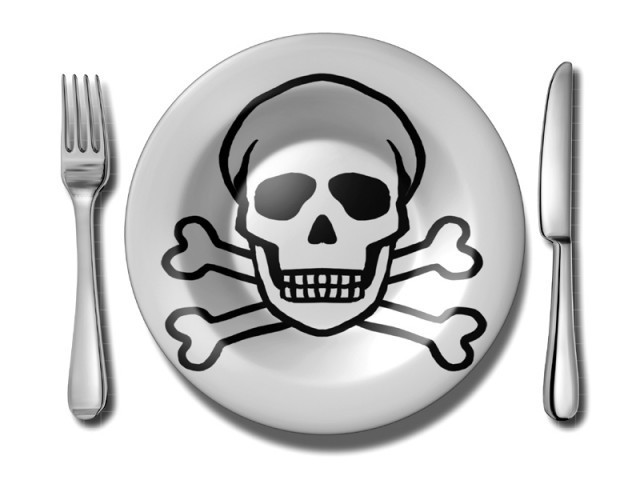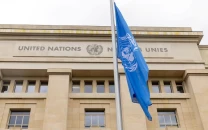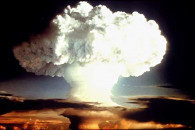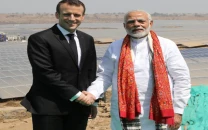Indian school head arrested over mass poisoning: Police
23 children from a poisoned free meal in a Bihar village.

Free lunches are offered to some 120 million schoolchildren throughout India in what is the world's largest school feeding scheme.
The children, aged four to 12, died after eating the lunch of lentils, potatoes and rice cooked at the school in a poverty-stricken village in Bihar state on July 16.
"The principal surrendered...and we have arrested her for questioning," said Sujeet Kumar, police chief of Saran district where the incident occurred.
"We need to talk to her first before framing charges," the official said over telephone.
Police have been searching for the teacher, Meena Devi, since the tragedy in Gandaman village, which also left some 30 children ill in hospital and sparked angry street protests.
Oil used to cook the food contained an agricultural insecticide that was five times the strength sold in the marketplace, a subsequent forensic report found.
Police raided Devi's home in the village last week where ingredients for the meal and cooking oil were kept in a bid to determine how the poisonous chemicals could have been mixed with the meal.
Anguished parents buried many of the children on a playing field next to the primary school, in a protest against the tragedy.
Some of the poverty-stricken parents told how they had only sent their children to the school to ensure they received at least one meal a day.
Others have said their children survived after refusing to eat the food because of its foul odour.
Bihar Chief Minister Nitish Kumar promised a thorough investigation into the "sad tragedy".
"The police have formed a special investigation team... we will punish those who are guilty," Kumar told a news conference in the state capital Patna.
The chief minister also denied opposition claims that medical delays led to a higher number of deaths.
"The response times were the quickest possible and the doctors tried their best to save lives," he said.
Free lunches are offered to some 120 million schoolchildren throughout India in what is the world's largest school feeding scheme. Bihar is one of the country's poorest and most densely-populated states.
Educators see the midday meal scheme as a way to increase school attendance, in a country where almost half of all young children are undernourished. But children often suffer from food poisoning due to poor hygiene in kitchens and occasionally sub-standard food.
Twenty children were hospitalised last Friday after they ate lunch at school in the state of Goa. They were released after treatment.
The tragedy has sparked concern about the midday meal program, with reports from some schools of children dumping their meals in bins or refusing even to touch them.
The state government has announced plans to pay compensation of nearly $4,000 to families who lost their loved ones.



















COMMENTS
Comments are moderated and generally will be posted if they are on-topic and not abusive.
For more information, please see our Comments FAQ